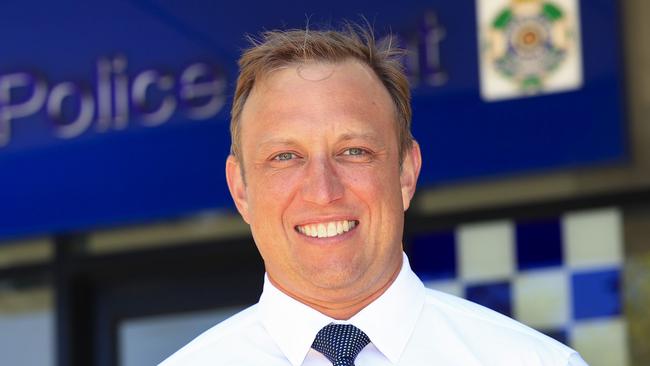
The point of this saying is twofold. First, there is an opportunity cost to every activity – go to lunch and you don’t read a book or take a walk. Second, nothing is free. There may be no charge but, in this instance, taxpayers will be covering the cost, estimated at $1.4bn over four years.
In the list of ridiculous election proposals put forward by Miles to entice voters to keep him in office, this is right up there. The sheer logistics of delivering on this proposal are mind-boggling. Thankfully, the opposition hasn’t committed to match this unachievable folly.
Mind you, the idea that the government would own and run service stations, ostensibly to impart more competition into petrol retailing in certain areas, runs a close second in the catalogue of loony ideas. Do bureaucrats have any expertise to run businesses?
Given that electricity assets in Queensland remain government-owned, there is also no sense in establishing another retailer to lower power prices for some consumers.
When state Treasurer, Cameron Dick started on about this retailer being relieved of the need to make a financial return, you know the government has lost the plot (and failed to pick up the message about free lunches). But spending money that it doesn’t have seems to be this government’s signature slogan.
The real problem with this absurd vote-buying exercise is that it locks in the opposition to a degree. For instance, David Crisafulli, LNP opposition leader, has pledged to permanently match the unjustified 50c public transport fares. Again, others are picking up the cost of this indulgence – the taxpayers.
It is also worth asking the question: why not ditch charging passengers altogether and save the money of collecting the small change?
The ostensible political trick on the part of the Queensland government – which at least doesn’t seem to be working with weary voters – is that any failure on the part of the opposition to match its grand spending plans can be portrayed as heartless austerity. (Watch this similar space in the federal sphere.)
The important background to this is the complete collapse of responsible budget management in Queensland. Once upon a time, the Queensland government ran a tight fiscal ship. The superannuation liabilities were fully funded, debt was tightly controlled, budget deficits were rare.
But it is well over a decade since the fiscal performance of Queensland began to list. The state’s credit rating was downgraded in 2009 under Labor premier Anna Bligh – the first state to have its credit rating marked down.
The fact there has not been a further downgrade is partly because of the flow of royalties from coal, notwithstanding Labor’s antipathy to this fossil fuel, as well as the (probably mistaken) belief on the part of the rating agencies that the federal government would bail out a state that got into real financial trouble.
It is now expected that state government debt will exceed $170bn by 2028 and there are few signs that the unsustainable growth in public sector employment – both in numbers and cost – will be curbed any time soon, certainly if Labor retains office.
One area in which there is a clear divergence of position between the two main parties is energy policy. The Queensland government’s energy policy looks as though it was dreamt up by a group of radical, naive school students.
The two wildly expensive pumped hydro projects need to be ditched as soon as possible – something that Crisafulli has pledged. They were never going to work for locational, topographic and cost reasons. Similarly, the unjustified Cooper String transmission line between Townsville and Mount Isa needs to be abandoned.
Crisafulli is completely on the money to say government-owned and relatively new coal-fired stations will need to be kept in operation for the foreseeable future, until they are not needed.
If they are well-maintained – something the Labor government failed to do – the plants may end up as source of strong dividend flow as the energy transition along the east costs heads towards relative disaster.
Youth crime is a major issue in Queensland, particularly in certain areas. Initially, the Labor government attempted to downplay the seriousness of the issue, in part because it was afraid of losing some city seats to the Greens. When this didn’t work, there was a half-hearted effort to deal with the problem.
There is a message there: it is close to impossible for a political leader to speak out of both sides of the mouth and get away with it.
A bad government with some appalling election proposals deserves to be kicked out. It will be a huge challenge for Crisafulli if he becomes premier.




There’s no such thing as a free lunch is one of the most famous sayings in economics. Apparently, the Queensland Premier, Steven Miles, doesn’t think it applies to his state, having proposed a scheme of providing “free” lunches to all primary state school students.